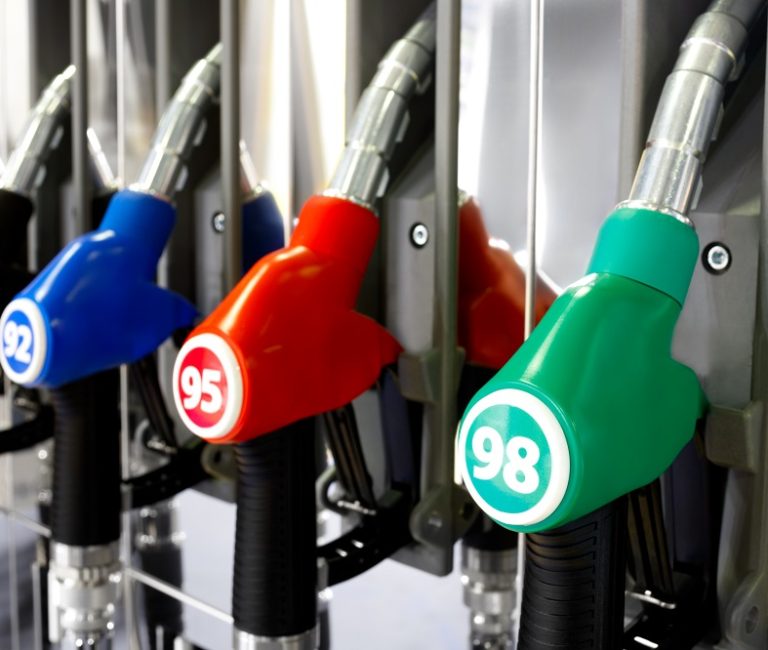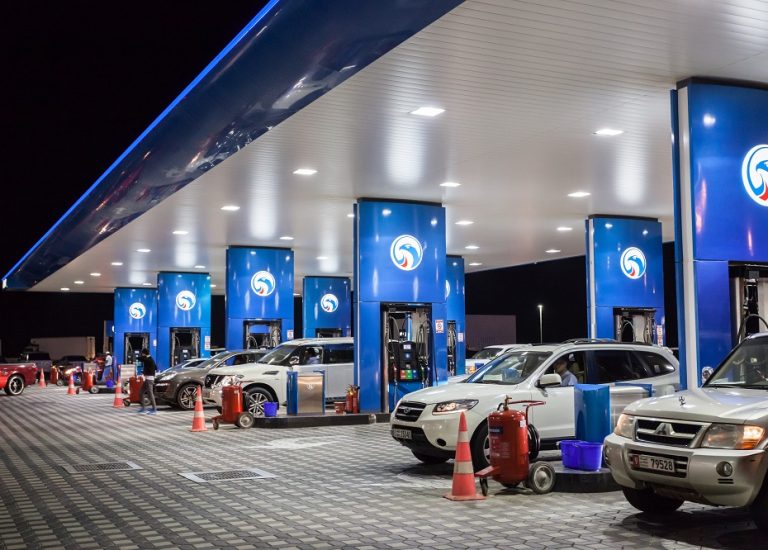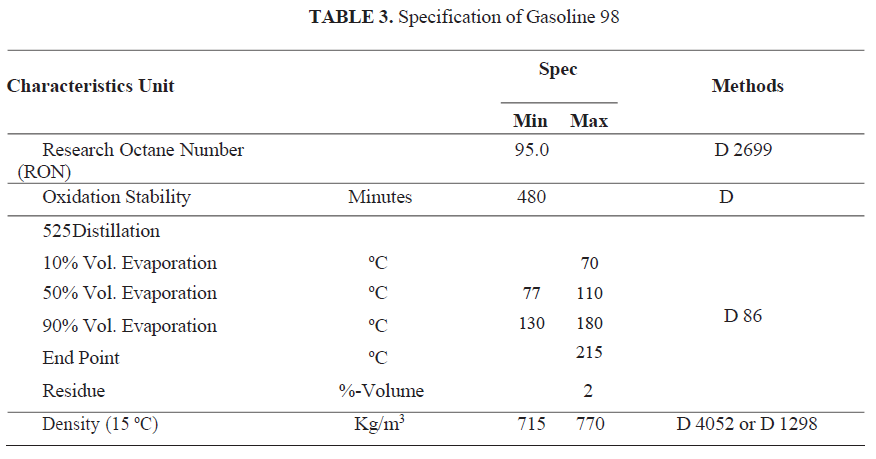
Understanding What Octane Ratings of Gasoline Mean and Their Role in Preventing Engine Knock
Wondering what the number ‘98’ depicts? The numbers 91, 95, and 98 refer to the octane rating of gasoline, which measures a fuel’s resistance to premature ignition inside the engine. While all these fuels contain roughly the same amount of energy, octane rating indicates how well the fuel can withstand early combustion — a phenomenon known as “pinking” or “pinging.” This knocking sound occurs when the air-fuel mixture ignites too soon, which can cause serious mechanical damage, especially at high engine speeds and wide throttle openings.
Automakers design engines to run efficiently on a specific minimum octane rating. If your car’s fuel flap reads “unleaded petrol only,” it means 91 octane fuel is sufficient. If it says “premium unleaded only,” then you should use at least 95 octane. For vehicles that specify 98 octane, it’s important to use that rating to ensure optimal performance and prevent damage.
Using a higher octane fuel than required will not harm your engine. For example, filling an engine designed for 91 octane with 95 or 98 is perfectly safe, although it may not provide significant benefits. However, using a lower octane fuel than the manufacturer recommends, such as 91 in an engine built for 95 or 98, can cause knocking and potentially severe engine damage. Always follow your vehicle’s octane guidelines to maintain engine health and performance.
Key Characteristics of Gasoline 98
- Delivers top-tier engine performance
- Helps cleanse fuel injectors and engine components for better efficiency
- Preferred octane level for the majority of high-performance vehicles
- Typically comes with a significantly higher price compared to 95 octane fuel
Evaluating the Benefits of Premium Octane Fuels
Using a higher octane fuel than the minimum recommended can offer slight improvements in fuel economy or performance, depending on your driving style. However, in reality, these gains are usually minimal, and the higher cost of premium fuels like 98 octane often outweighs any savings from better fuel efficiency. In other words, running 98 octane in an engine designed for 91 is generally not cost-effective, despite the possibility of a marginal performance boost.
That said, it’s worth doing the math yourself: if you notice around a 10% improvement in fuel economy with 98 octane and the price difference at the pump is less than 10%, using 98 could be more economical over time. But since 98 is frequently much more expensive than 91, the benefits often get canceled out. Many modern vehicles can now run efficiently on E10 fuel, eliminating the strict need for 91 octane altogether.

